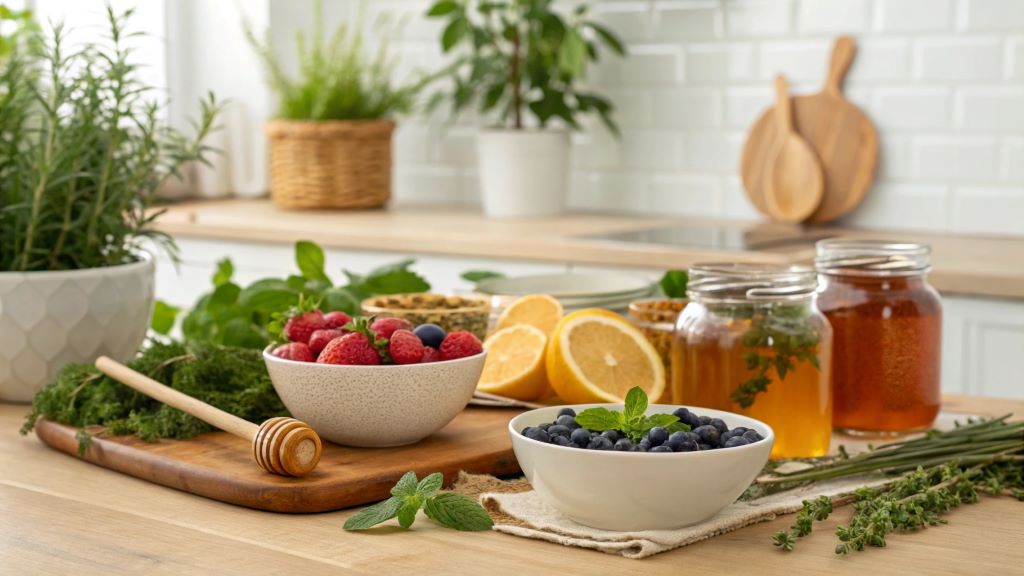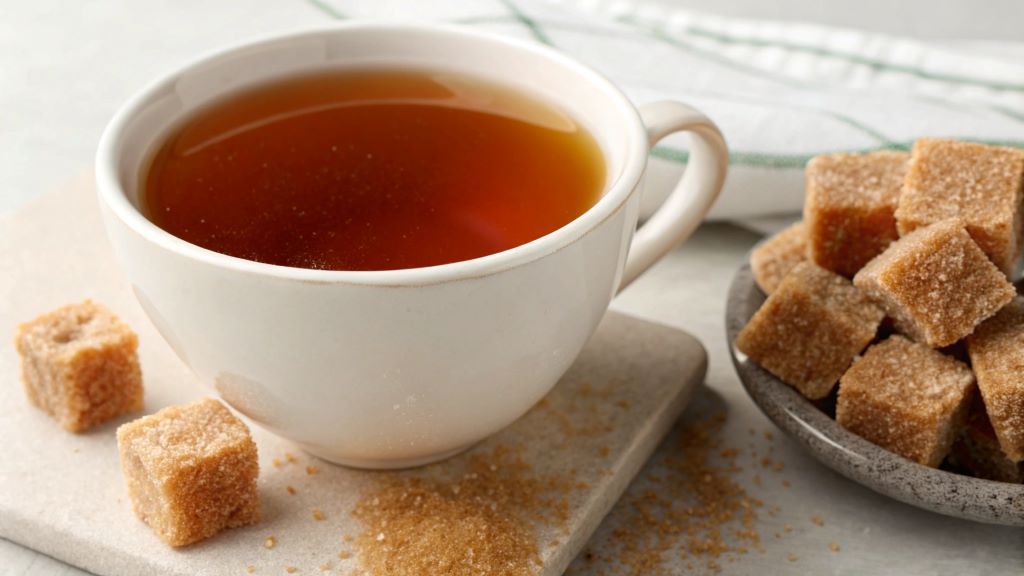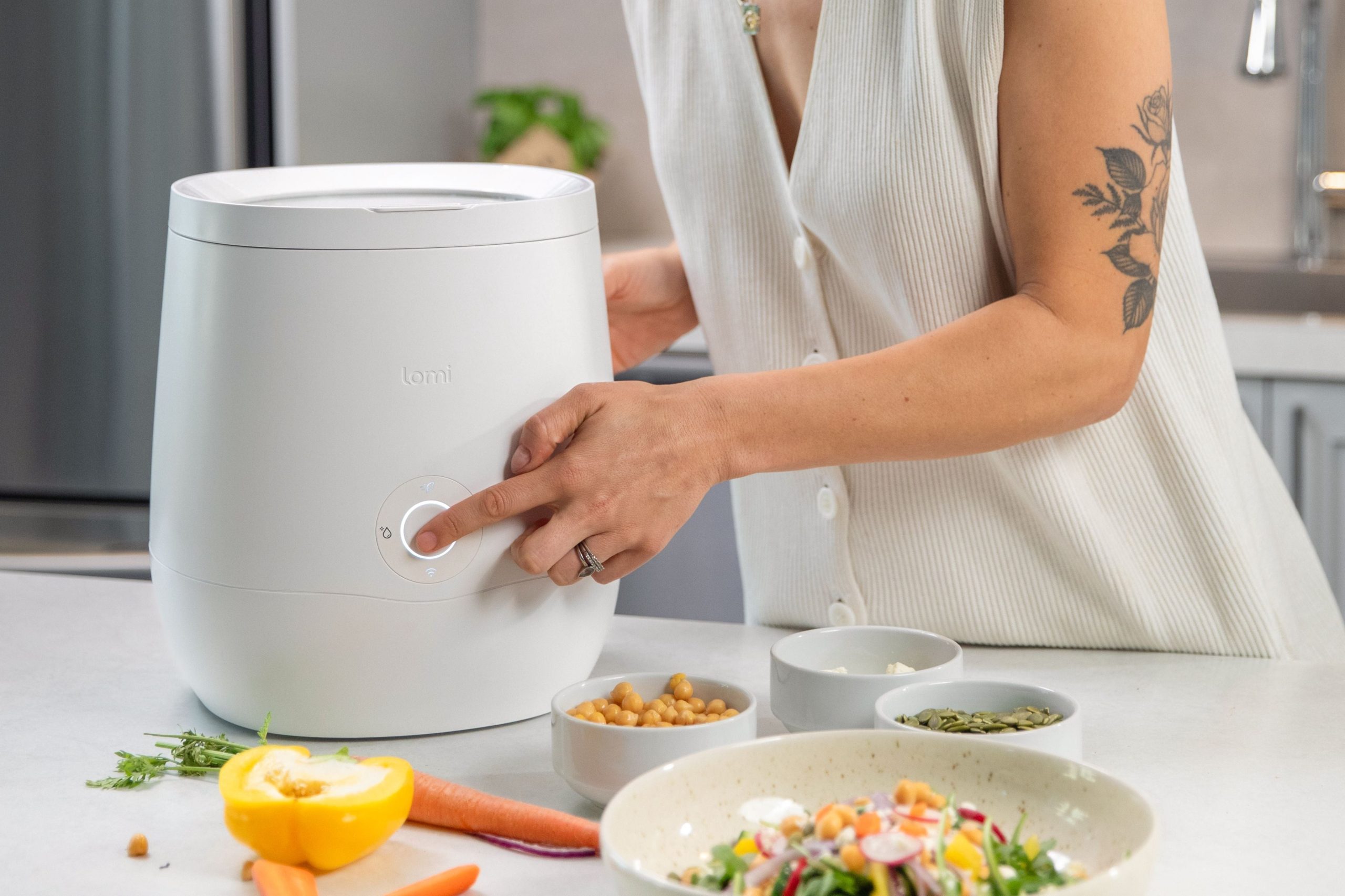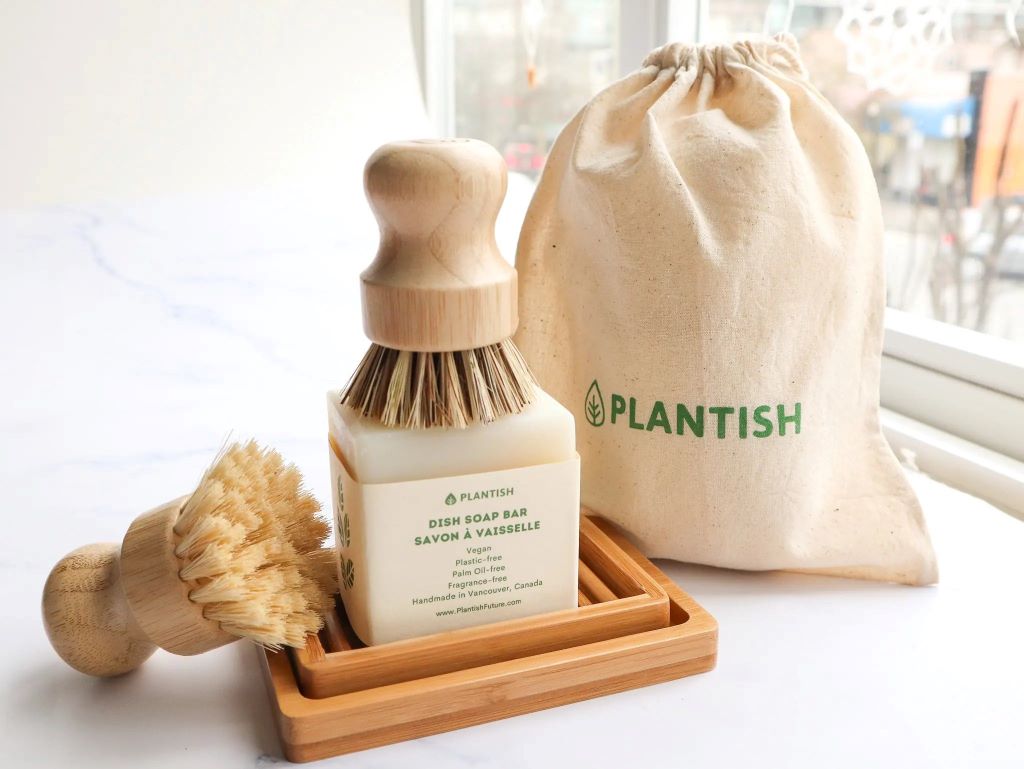Tea lovers across the globe are rethinking how they sweeten their favorite brews. With rising awareness about sugar’s health effects, many are searching for smarter ways to enjoy tea without compromising on taste. If you want to sweeten tea naturally while cutting calories, this guide uncovers the most effective organic and low-calorie options available today.
Why Choose Natural, Low-Calorie Sweeteners?
According to the CDC, over 47% of added sugars in the average American diet come from beverages. Excessive sugar consumption is linked to obesity, Type 2 diabetes, and heart disease. This has driven the demand for sugar-free, healthier alternatives—particularly in daily rituals like tea drinking.
Additionally, research from Harvard T.H. Chan School of Public Health highlights that reducing added sugar improves heart and metabolic health over time. Natural and low-calorie sweeteners help reduce those risks without stripping away flavor.
-
Stevia: Nature’s Zero-Calorie Wonder
Stevia tops the list when it comes to low-calorie natural sweeteners. Derived from the leaves of the Stevia rebaudiana plant, it’s up to 200 times sweeter than sugar but contains zero calories.
- Taste: Sweet with a slightly herbal aftertaste.
- Benefits: Doesn’t spike blood sugar. Ideal for diabetics.
- Usage Tip: A little goes a long way. Start with a few drops or a pinch.
According to Healthline, stevia’s popularity has soared due to its clean-label status and proven health benefits. However, some find the aftertaste polarizing. Blending it with a drop of lemon juice can neutralize that.
-
Monk Fruit Extract: Sweetness From the East
Native to Southeast Asia, monk fruit (luo han guo) has been used in traditional Chinese medicine for centuries. Its extract is 150-250 times sweeter than sugar.
- Taste: Sweet, with no bitter aftertaste.
- Benefits: Antioxidant-rich and safe for blood sugar levels.
- Usage Tip: Perfect for both hot and iced teas.
Unlike synthetic sweeteners, monk fruit is heat-stable and mixes well in teas without altering flavor. Studies published in Nutrition Research Reviews show that mogrosides—the sweet compounds in monk fruit—also reduce oxidative stress.
-
Raw Honey: A Functional Sweetener
Raw honey is one of the oldest natural sweeteners. While it contains calories and sugar, it also boasts antioxidants, antibacterial properties, and trace enzymes.
- Taste: Rich, floral, or earthy, depending on the source.
- Benefits: Supports immune health and soothes sore throats.
- Usage Tip: Add only after the tea has cooled slightly to preserve nutrients.
A tablespoon of raw honey contains 64 calories, but its nutrient profile makes it a more functional choice than refined sugar. According to a study in Oxidative Medicine and Cellular Longevity, raw honey also helps lower LDL cholesterol and boosts HDL.
-
Maple Syrup: Not Just for Pancakes
Grade A organic maple syrup is more than a breakfast staple. It contains polyphenols and over 24 antioxidants.
- Taste: Deep, caramel-like with woody notes.
- Benefits: Offers minerals like manganese and zinc.
- Usage Tip: Best for black or chai teas.
Although it’s not calorie-free, it’s a less processed option. Experts from the University of Rhode Island emphasize its antioxidant potential and anti-inflammatory benefits.
-
Coconut Sugar: Sustainable and Subtle
Coconut sugar, made from the sap of coconut palm trees, is gaining traction for its lower glycemic index and mild sweetness.
- Taste: Slightly nutty with hints of caramel.
- Benefits: Contains inulin, a prebiotic that supports gut health.
- Usage Tip: Dissolves well in hot teas; not ideal for iced tea.
A study in the Journal of Functional Foods notes that coconut sugar maintains more nutrients than table sugar, making it a more health-conscious option.
-
Date Syrup or Paste: Nature’s Caramel
Made from whole dates, this sweetener is high in fiber and natural sugars.
- Taste: Rich and caramel-like.
- Benefits: High in antioxidants, potassium, and magnesium.
- Usage Tip: Use in spiced or herbal teas for depth.
According to Food Chemistry, date syrup is a powerhouse of polyphenols and minerals. However, due to its natural sugar content, moderation is key.
-
Erythritol: The Gut-Friendly Sugar Alcohol
Erythritol is a naturally occurring sugar alcohol found in fruits. It’s 70% as sweet as sugar but almost calorie-free.
- Taste: Clean and sweet, similar to cane sugar.
- Benefits: Doesn’t raise insulin or blood glucose levels.
- Usage Tip: Combine with stevia for a balanced flavor profile.
Unlike other sugar alcohols, erythritol doesn’t cause digestive distress in moderate amounts, according to a 2020 review in Critical Reviews in Food Science and Nutrition.
The Problem With Artificial Sweeteners
Artificial sweeteners like aspartame and sucralose are commonly used but come with controversy. While FDA-approved, many consumers report digestive issues or an aftertaste.
Some studies, including one published in Cell Metabolism, suggest they may alter gut microbiota and impact glucose tolerance. For this reason, health-conscious consumers are turning to natural options.
Why Organic Matters
Choosing organic sweeteners ensures you’re avoiding pesticides and genetically modified organisms. Products certified organic also support more sustainable farming practices.
Consumer Reports reveals that organic choices are often higher in antioxidants and contain fewer harmful residues. When possible, select USDA-certified organic versions of honey, maple syrup, and coconut sugar.
FAQs
- What is the healthiest way to sweeten tea naturally?
Stevia and monk fruit are top choices due to zero calories and no blood sugar impact. - Can I use raw honey daily in tea?
Yes, but in moderation. One teaspoon provides sweetness and health benefits. - What sweetener is best for iced tea?
Monk fruit and stevia dissolve well and won’t crystallize when chilled. - Is maple syrup healthier than white sugar?
Maple syrup has antioxidants and minerals, making it a better alternative when used sparingly. - Will natural sweeteners affect my blood sugar?
Stevia, monk fruit, and erythritol generally don’t affect glucose levels, unlike honey or date syrup. - How can I mask stevia’s aftertaste?
Pair it with citrus juice or mix with erythritol to balance flavors. - Are these alternatives kid-friendly?
Yes. Honey (for kids over 1 year), maple syrup, and coconut sugar are safe and palatable.
Final Thought
The movement to sweeten tea naturally isn’t just a passing trend—it’s a shift toward conscious living. With a wide array of organic and low-calorie alternatives available, anyone can enjoy a flavorful cup without compromising health. From stevia’s calorie-free sweetness to the robust charm of maple syrup, each option brings its own benefits.
Transitioning away from refined sugar can feel daunting, but experimenting with these natural sweeteners makes the journey rewarding. Choose what aligns with your lifestyle, taste preferences, and health goals. A small change in your tea ritual today could make a lasting impact on your well-being tomorrow.
Read More:
Basic But Better: 12 Sustainable Brands and Products for a Festive Fall
Zero Waste Gifts: Thoughtful and Sustainable Ideas for Every Occasion





